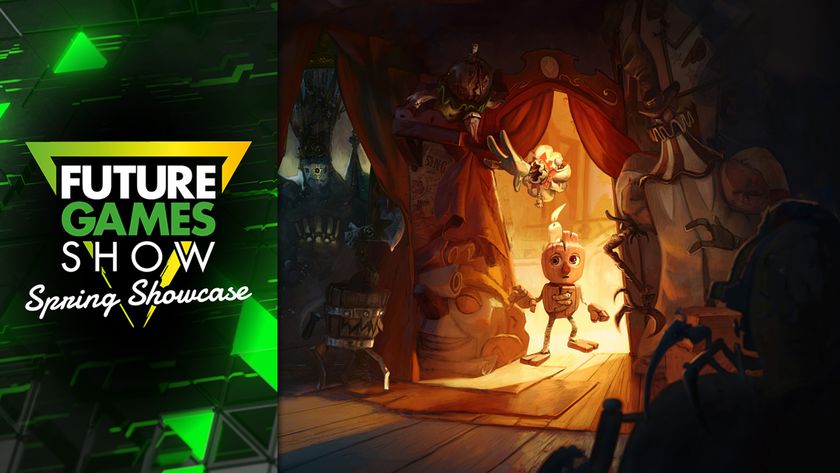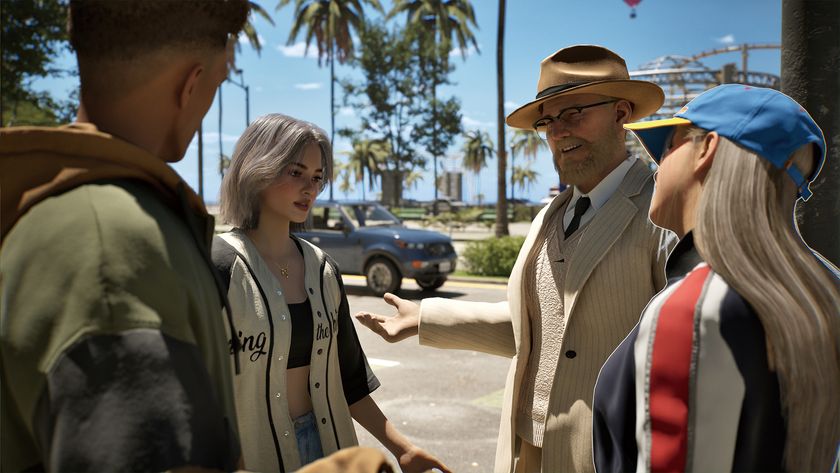Here's what more games should steal from Virtue's Last Reward
When the lead developer on a video game series goes on Twitter and says a sequel probably won't happen, that's what we call a "bad sign." Wait, scratch that, it's a really bad sign; final-nail-in-the-coffin bad. And yet, in spite of the odds, Zero Escape 3 was announced over the weekend at Anime Expo 2015 by none other than series director Kotaro Uchikoshi - the same man who tweeted a year prior it probably wouldn't happen. This long-awaited sequel to a series of mind-bending visual novels is finally on the horizon, complete with a few tantalizing details that set up this next chapter.
However, what has me most excited about Zero Escape 3 isn't anything announced about the game thus far - well, it being set on Mars is pretty exciting - but rather something that happened in the previous game: Zero Escape: Virtue's Last Reward. This is going to get into some minor spoilers territory, so if you've not already played these games, and you want to go in blind, perhaps you should stop reading this editorial about one of them. But if you don't mind learning about a plot point that is set up pretty early on in the game, then read on and let's dig in.
If you're like me, when you started playing Virtue's Last Reward you got maybe two or three hours into the story, made a few choices here and there, and then died. Whoops, back to start; better luck next time. Your second playthrough wasn't much better, but by the third attempt you realized you - the player - had information which your character in the game couldn't possibly know. Maybe it was the combination to a locked door, or the answer to a question that hadn't been asked yet. You know these things because of what happened in those first two playthroughs, and when you put the knowledge to work you're met with an appropriate response: everyone freaks out.
The fact that you're able to carry over information between different playthroughs becomes the backbone of Virtue's overarching plot. And I find that fascinating. It takes something common to video games - replays - and weaves it into the story in a way that's interesting and makes narrative sense. We've all replayed games before only to jam through dialog, skip cinematics, and solve puzzles in the blink of an eye (when they really should've taken two blinks). Instead of rehashing the same story content over and over, Virtue's lets you apply the knowledge gained from previous sessions to learn something new. It acknowledges - and rewards - your dedication.

Telling a story this way is something I'd never encountered in a game before. Sure, there are games like Mass Effect where you can load up a save to see what happens if you punch the reporter versus not punching the reporter, or any number of JRPGs with multiple endings. But these are typically small parts of a larger story. Virtue's takes these storytelling techniques further and more completely integrates them into its story.
Using storytelling as an incentive for replaying a game is a technique I wish more games borrowed from Virtue's Last Reward. People play and enjoy games for lots of different reasons: fun mechanics, interesting characters, striking visuals, or some combination of these and other factors. But the incentives games offered for replaying a game are usually focused on only one of those factors: mechanics. How many times have you finished a game and unlocked a harder difficulty mode, or realized there's an oddball achievement you missed? These may be fun and legitimate reasons to replay a game, but they're also focused on a game's mechanics.
Virtue's presents another alternative, one that uses story as the primary motivator rather than mechanics. Does that mean ALL games should copy this game's storytelling techniques across the board? Absolutely not, but that core concept of rewarding repeat players with new insights and information into the game's lore is something that could be applied to almost any type of game. It would provide a new - and for some, more compelling - reason to replay an old favorite.
Sign up to the 12DOVE Newsletter
Weekly digests, tales from the communities you love, and more

Virtue's takes something common to games - replays - and weaves it into the story in a way that makes sense.
These techniques could manifest themselves in many different ways depending on the game. Think about how many times you've been bombarded by superfluous background information you couldn't care less about because you've yet to become invested in the game's world and characters. Such information could be regulated to a second playthrough, so that you can fully appreciate it after having formed an attachment to the game's lore. Or perhaps you - the player - could learn some new information on the second playthrough, information that makes you see the game's events in a new (and perhaps chilling) light.
There are all sorts of possibilities here in terms of continuing narrative between multiple playthroughs. Virtue's Last Reward, Mass Effect, and other narrative-heavy games are just the beginning. And with any luck the upcoming Zero Escape 3 will give us yet another example of how story can keep us coming over and over and over again.












